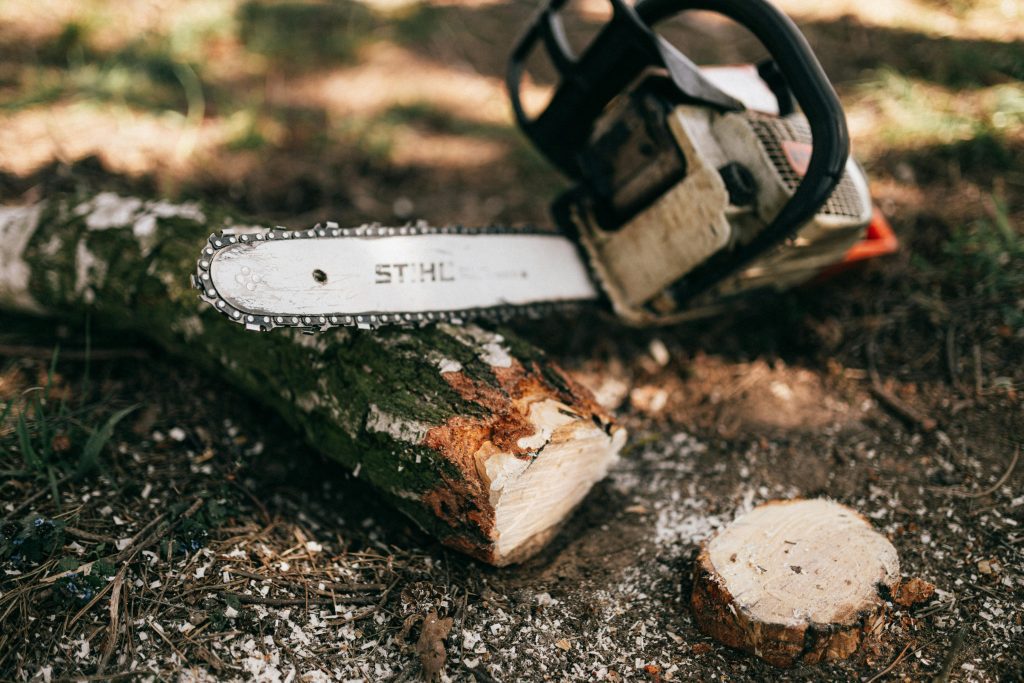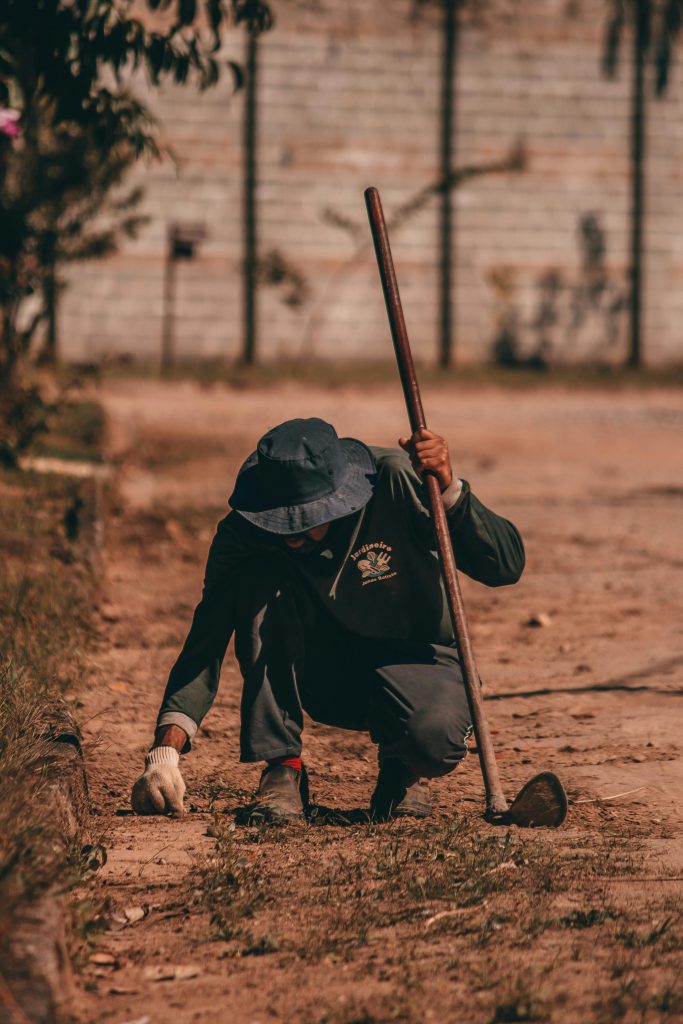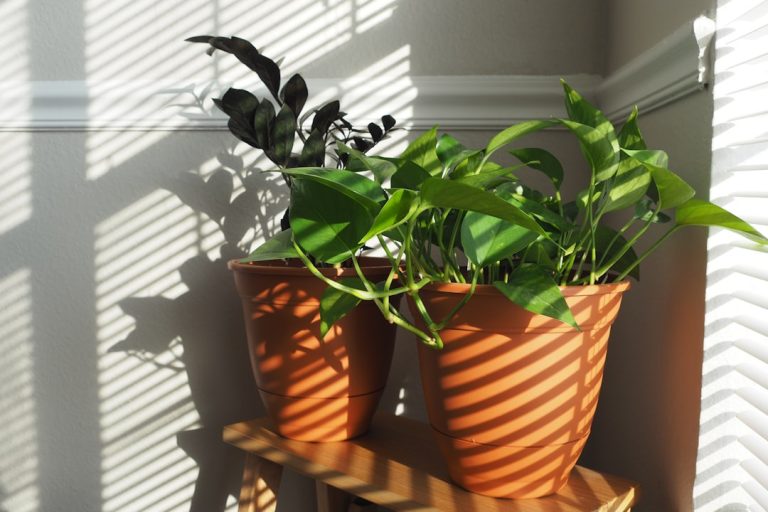Yard waste, such as grass clippings, leaves, and tree trimmings, may seem harmless, but it can have a significant impact on the environment if not disposed of properly. When yard waste ends up in landfills, it decomposes and produces methane gas, a potent greenhouse gas that contributes to climate change. Additionally, when yard waste is burned, it releases harmful pollutants into the air, leading to poor air quality and respiratory issues.
Eco-friendly yard waste disposal is crucial because it helps reduce greenhouse gas emissions and promotes a healthier environment. By properly managing and disposing of yard waste, we can minimize the negative impact on our planet and contribute to a greener future.
Key Takeaways
- Eco-friendly yard waste disposal is important for reducing environmental impact and promoting sustainability.
- Composting is the ultimate eco-friendly solution for grass clippings, leaves, and other yard waste.
- Mulching is a beneficial eco-friendly option for yard waste disposal, as it can improve soil health and reduce water usage.
- Tree and shrub trimmings can be repurposed for eco-friendly uses such as firewood or wood chips for landscaping.
- Utilizing eco-friendly yard waste disposal services is crucial for ensuring proper disposal and reducing harmful effects on the environment.
Eco-Friendly Options for Grass Clippings
Leaving grass clippings on the lawn is one of the easiest and most eco-friendly ways to dispose of them. Grass clippings act as a natural fertilizer, returning nutrients back to the soil. They also help retain moisture in the soil, reducing the need for watering.
If you prefer not to leave grass clippings on your lawn, you can use them for composting. Grass clippings are rich in nitrogen, an essential nutrient for composting. To compost grass clippings, mix them with other organic materials such as leaves, kitchen scraps, and shredded paper. Turn the compost pile regularly to ensure proper decomposition. In a few months, you’ll have nutrient-rich compost that can be used in your garden or flower beds.
Composting: The Ultimate Eco-Friendly Solution
Composting is a fantastic way to dispose of yard waste while also creating nutrient-rich soil for your garden. Composting not only reduces waste but also helps improve soil quality and fertility.
When you compost yard waste, such as leaves, grass clippings, and plant trimmings, you create a natural process of decomposition. Microorganisms break down the organic matter, turning it into nutrient-rich compost. Compost can be used as a soil amendment, improving soil structure, water retention, and nutrient availability.
To start composting at home, you’ll need a compost bin or pile. Choose a location that is easily accessible and receives adequate sunlight. Layer your yard waste with other organic materials, such as kitchen scraps, shredded paper, and wood chips. Keep the compost moist but not soggy, and turn it regularly to provide oxygen for the microorganisms. In a few months to a year, depending on the conditions, you’ll have rich, dark compost ready to use in your garden.
Eco-Friendly Ways to Dispose of Leaves
| Method | Description | Benefits |
|---|---|---|
| Composting | Breaking down leaves into nutrient-rich soil | Reduces waste, improves soil quality |
| Mulching | Shredding leaves and using them as a natural fertilizer | Reduces waste, improves soil quality, saves money on fertilizer |
| Leaf Mold | Decomposed leaves used as a soil conditioner | Reduces waste, improves soil quality, retains moisture |
| Leaf Collection Programs | City or county programs that collect leaves for composting or mulching | Reduces waste, supports local sustainability efforts |
Burning leaves may seem like a convenient way to get rid of them, but it has severe environmental consequences. Leaf burning releases harmful pollutants into the air, including carbon monoxide and particulate matter. These pollutants can contribute to respiratory issues and air pollution.
Instead of burning leaves, consider mulching or composting them. Mulching leaves involves shredding them into small pieces and spreading them over your lawn or garden beds. The mulched leaves will break down over time, adding nutrients to the soil and acting as a natural weed suppressant.
Composting leaves is another eco-friendly option. Collect fallen leaves in a compost bin or pile and mix them with other organic materials. Turn the compost regularly to ensure proper decomposition. In a few months to a year, you’ll have nutrient-rich compost that can be used in your garden.
The Benefits of Mulching for Eco-Friendly Yard Waste Disposal
Mulching is not only an eco-friendly way to dispose of yard waste but also offers numerous benefits for your garden and plants. When you mulch your garden beds or around trees and shrubs, you help retain moisture in the soil, reduce weed growth, and regulate soil temperature.
Mulching with organic materials, such as shredded leaves, wood chips, or straw, adds nutrients to the soil as it breaks down. This improves soil fertility and promotes healthy plant growth. Additionally, mulch acts as a protective layer, preventing soil erosion and reducing the need for watering.
To mulch effectively, spread a layer of organic material around your plants, making sure not to pile it against the stems or trunks. The mulch layer should be about 2-4 inches thick. Replenish the mulch as needed to maintain its effectiveness.
Eco-Friendly Methods for Tree and Shrub Trimmings

Disposing of tree and shrub trimmings in landfills is not only wasteful but also harmful to the environment. When organic materials like trimmings decompose in landfills, they produce methane gas, contributing to climate change.
Instead of sending tree and shrub trimmings to the landfill, consider chipping them or using them for composting. Chipping involves shredding the trimmings into small pieces that can be used as mulch or added to compost piles. Chipped trimmings can help retain moisture in the soil, suppress weeds, and improve soil fertility.
If you have a large amount of trimmings, you may consider renting a wood chipper or hiring a professional tree service to chip them for you. The resulting wood chips can be used as mulch or added to compost piles.
How to Dispose of Eco-Friendly Yard Waste in Your City or Town
Many cities and towns offer eco-friendly yard waste disposal options for residents. These options may include curbside collection of yard waste for composting or drop-off locations where residents can bring their yard waste.
To find out about yard waste disposal options in your area, check your city or town’s website or contact your local waste management department. They will provide you with information on how to properly dispose of yard waste and any guidelines or restrictions you need to follow.
When disposing of yard waste, make sure to separate it from other types of waste, such as household trash or recyclables. Follow any guidelines provided by your city or town to ensure that your yard waste is properly collected and processed.
Eco-Friendly Ways to Deal with Weeds and Other Unwanted Plants

Using chemical herbicides to control weeds may seem like a quick fix, but it has detrimental effects on the environment. Herbicides can contaminate soil, water sources, and harm beneficial insects and wildlife.
Instead of relying on chemical herbicides, consider eco-friendly methods for dealing with weeds. Hand-pulling is an effective way to remove weeds manually. Make sure to remove the entire weed, including the roots, to prevent regrowth. You can also use a hoe or cultivator to loosen the soil and remove weeds.
Mulching is another eco-friendly method for weed control. By adding a layer of organic mulch around your plants, you create a barrier that prevents weed growth. Mulch also helps retain moisture in the soil and adds nutrients as it breaks down.
The Importance of Using Eco-Friendly Yard Waste Disposal Services
While composting and mulching are excellent options for managing yard waste at home, there may be times when you have a large amount of waste or need assistance with disposal. In such cases, using professional eco-friendly yard waste disposal services can be beneficial.
Eco-friendly yard waste disposal services specialize in collecting and processing yard waste in an environmentally responsible manner. They often have the equipment and facilities to handle large volumes of yard waste efficiently. By using these services, you can ensure that your yard waste is properly managed and recycled into useful products like compost or mulch.
When choosing a yard waste disposal service, look for one that is certified or accredited by environmental organizations. Check their track record and reviews to ensure they have a good reputation for eco-friendly practices. Additionally, inquire about their disposal methods and how they process the yard waste to ensure it aligns with your eco-friendly goals.
Embracing Eco-Friendly Yard Waste Disposal for a Greener Future
Eco-friendly yard waste disposal is essential for reducing our environmental impact and creating a greener future. By leaving grass clippings on the lawn, composting, mulching, and using eco-friendly methods for disposing of leaves and tree trimmings, we can minimize waste, reduce greenhouse gas emissions, and improve soil health.
It’s important to take action and embrace eco-friendly practices in our own yards and communities. Whether it’s composting at home, using local yard waste disposal services, or advocating for eco-friendly policies in your city or town, every effort counts. Together, we can make a significant difference in preserving our environment and creating a sustainable future for generations to come.
If you’re looking for ways to responsibly dispose of yard waste, you might be interested in learning about the art of composting. Composting is a technique that turns organic waste into nutrient-rich soil, making it a sustainable and eco-friendly solution for managing yard debris. To master the art of composting and unlock the benefits of this green practice, check out this informative article on Eco Friendly Home and Garden: Mastering the Art of Composting: Techniques to Turn Organic Waste into Nutrient-Rich Soil. It provides valuable insights and tips on how to effectively compost your yard waste while contributing to a healthier environment.
FAQs
What is yard waste disposal?
Yard waste disposal refers to the process of getting rid of organic waste materials that come from your yard, such as grass clippings, leaves, branches, and other debris.
Why is yard waste disposal important?
Yard waste disposal is important because it helps to keep your yard clean and healthy. It also helps to prevent the spread of diseases and pests that can harm your plants and trees.
What are some common methods of yard waste disposal?
Some common methods of yard waste disposal include composting, mulching, curbside pickup, and taking the waste to a local landfill or recycling center.
What is composting?
Composting is the process of breaking down organic waste materials, such as yard waste, into a nutrient-rich soil amendment that can be used to fertilize plants and gardens.
What is mulching?
Mulching is the process of using shredded yard waste materials, such as leaves and branches, to cover the soil around plants and trees. This helps to retain moisture, suppress weeds, and improve soil health.
What should I do with large branches or tree trunks?
If you have large branches or tree trunks that need to be disposed of, you may need to hire a professional tree removal service or rent a wood chipper to break down the materials into smaller pieces.
Can I burn my yard waste?
Burning yard waste is not recommended, as it can be dangerous and can contribute to air pollution. Many cities and towns have laws and regulations that prohibit open burning of yard waste.


